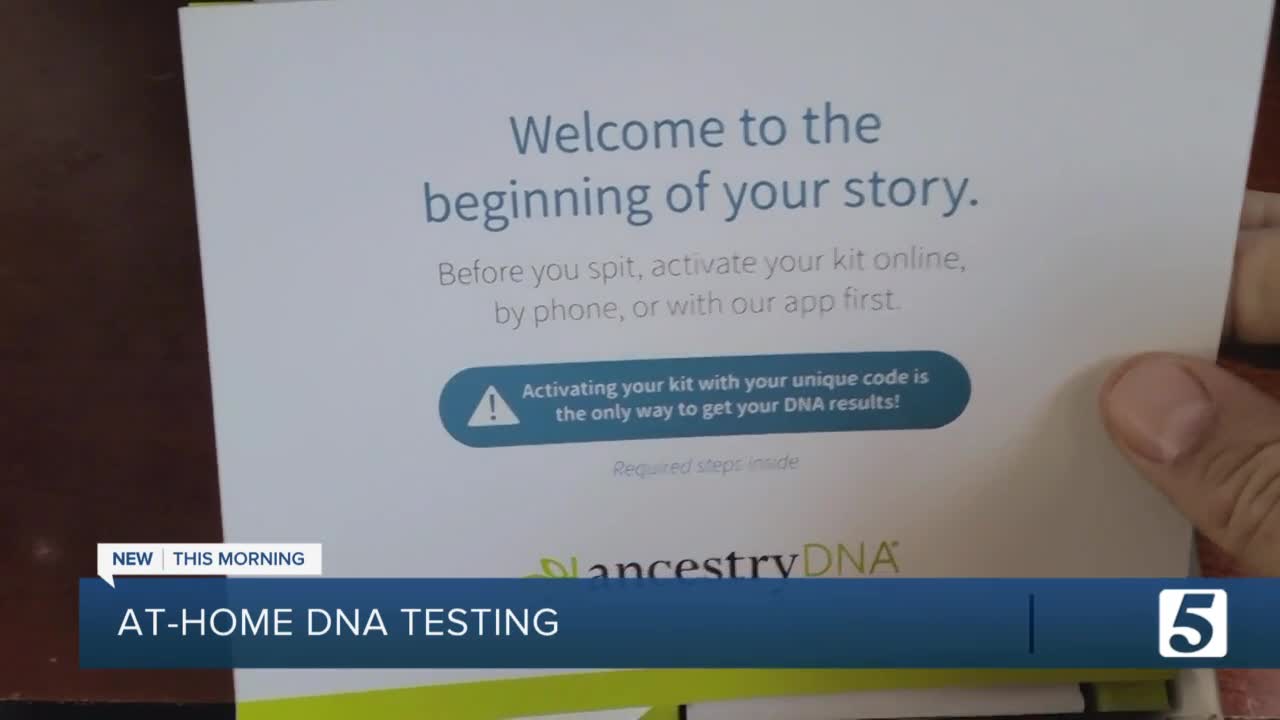CONSUMER REPORTS/WTVF) — You've probably seen the ads for at-home DNA test kits and maybe even thought about trying one out. Companies like 23andMe have been around for years, and surveys show one out of every five of us has taken a genetic test.
Some people use these kits to find out more about their families or potential health problems or maybe just for fun to see what it shows. But, as some who have taken these tests have found, the results can be serious – even life-changing.
About four years ago, Sara Altschule received a 23andMe kit as a holiday gift. The results she got back would change her life forever.
“I unfortunately got my test results back which did show that I carry the BRCA2 mutation which increases my risk of developing breast cancer by quite a bit and ovarian cancer,” said Altschule. She ended up getting a preventative double mastectomy with reconstruction after her genetic counselor confirmed the 23andMe test results.
While Sara is grateful that she took the test, she can see how for others, a positive result could be a burden to family members with the news that they too might carry the mutation.
“Once you get your results that probably means you need to inform people in your family that you either got it from one of your parents and that could affect your siblings, that could affect your cousins,” said Altschule.
Though some of these tests can help determine if you’re likely to develop diseases such as breast cancer or Alzheimer’s, they could also give you a false sense of relief – or fear.
“While a positive result from these tests can mean you do have a higher risk of a certain disease, a negative result doesn’t necessarily mean you’re out of the woods, as there could be other variants that can cause that disease not detected by the test,” said Catherine Roberts, Consumer Reports Health Editor.
23andMe says it clearly explains test limitations to users. While Sara’s story is a great example of how these DIY DNA tests can be helpful, others may find the results confusing, misleading or upsetting.
In the CR survey, about 10% of people who used these tests said their reports contained unsettling information, such as the news that someone thought to be a biological relative, isn’t actually related to them at all.
“If you think these kits are going to give you a complete picture of your ancestry and your health, you’re going to be disappointed. And there is also the possibility that it could reveal information you may not even want to know about your family,” said Roberts. Bottom line: a DIY DNA test kit might be right for you, as long as you understand what your results may or may not signify
It's important to remember that there are very few laws that regulate what a company can do with your genetic data once you share it with them. So, keep in mind that after they give you your results, they may sell your personal data to a third party without you ever knowing about it or knowing what it will be used for.




